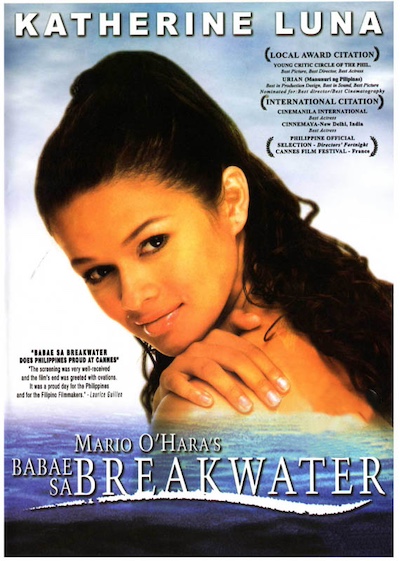
Set during the Japanese Occupation of the Philippines between 1942 and 1944. Rosario (Nora Aunor), a young schoolteacher, is engaged to be married to Crispin (Bembol Roco). Crispin leaves Rosario to fight the Japanese as a guerilla, and in his absence a Japanese-Filipino officer named Masugi (Christopher de Leon) rapes her. Masugi later returns to Rosario apologizing for his act, bearing gifts of canned food and rice which Rosario at first refuses. Matters are complicated when Rosario’s father Mang Andoy (Mario Escudero) is arrested by the Japanese and Rosario reveals to Masugi that she is pregnant. Rosario must make a choice: accept Masugi’s proposal to make her his wife (saving her father and ensuring a safe and stable life for her child), or reject him and with him the baby they have conceived together.Read More »





